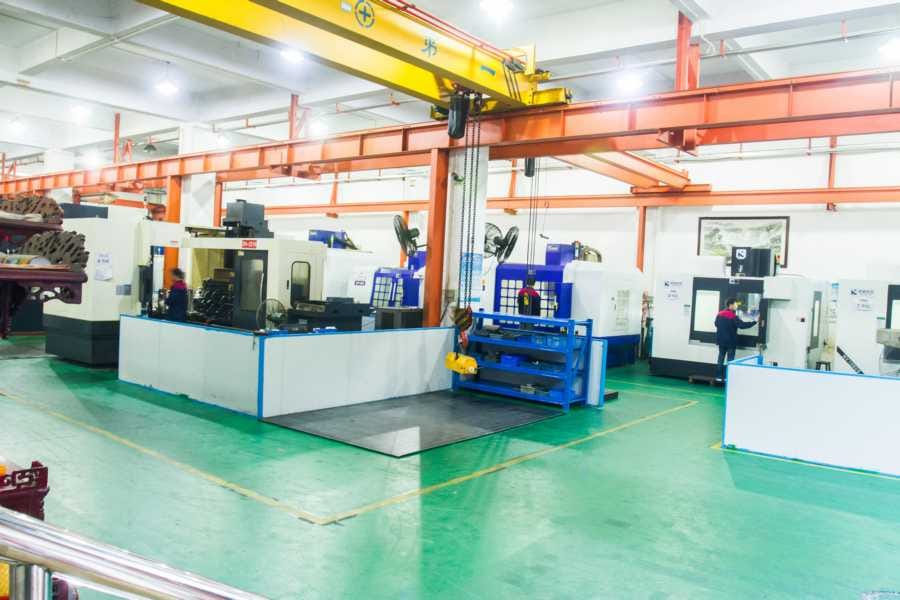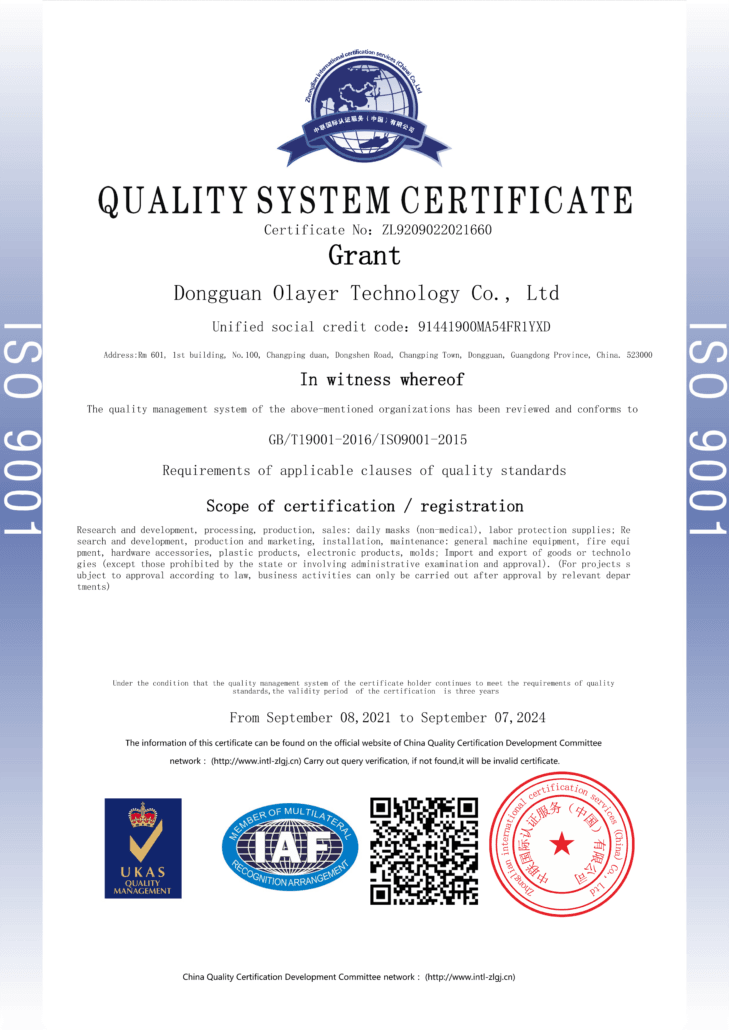Nearly every Plastic mold company has at least one CNC surface grinding machine in operation. Larger shops have numerous machines to handle the increased quantity of mold base plates and components.
The CNC grinder is ideal for core and cavity plates, and mold base plates. Once you get the machine set up, it can run for hours on automatic, doing what would otherwise be a very tedious and time-consuming process.
Basically, the computer controls the depth of cut, finish and size. It will also faithfully execute the commands given by the operator, right or wrong. A good grinder is very accurate and will do exactly as you program it to.
Once you determine the actual size of your workpiece, just set the digital readout to the desired size, decide on how many finishing passes are required to achieve the surface finish you want, make sure you have a good set-up, and walk away.
There are a number of excellent CNC surface grinders on the market, and a huge amount of average to good machines on the market. As it is with most things, you get what you pay for, more or less.
Some of the better manufacturers include Mitsui, Elb, Brown and Sharpe, and Okamoto. Other brands include Kent, Harig, Chevalier, Walter, and a host of other brands. The Asian market has many names unknown to the West, but they are able to do an adequate job.
What about smaller plastic mold components?
One problem with most of these grinders is that they are generally designed for larger workpieces, such as mold plates, yet they are just too awkward for the smaller sizes. Plastic Mold components, such as cores and cavities still must be surface ground, but the large machines are seldom the machine of choice.
The solution is to invest in a small to medium sized CNC grinder to manage these middle size pieces. Because the controls are so accurate, and the coolant so efficient, it only makes sense to stop grinding on a manual, dry surface grinder for these applications.
Unfortunately, most shops just do not have this medium sized grinder. Instead, the mold maker is left with the problem of efficiently grinding his cavity block on the manual grinder. This takes much longer and has the problem of heat build up, which directly affects the accuracy.
Some materials, such as D-2 and H-13 are difficult to manually grind, these are ideal for the CNC grinder. There are wheels specifically designed for these tough materials, such as Norton’s SG wheels



